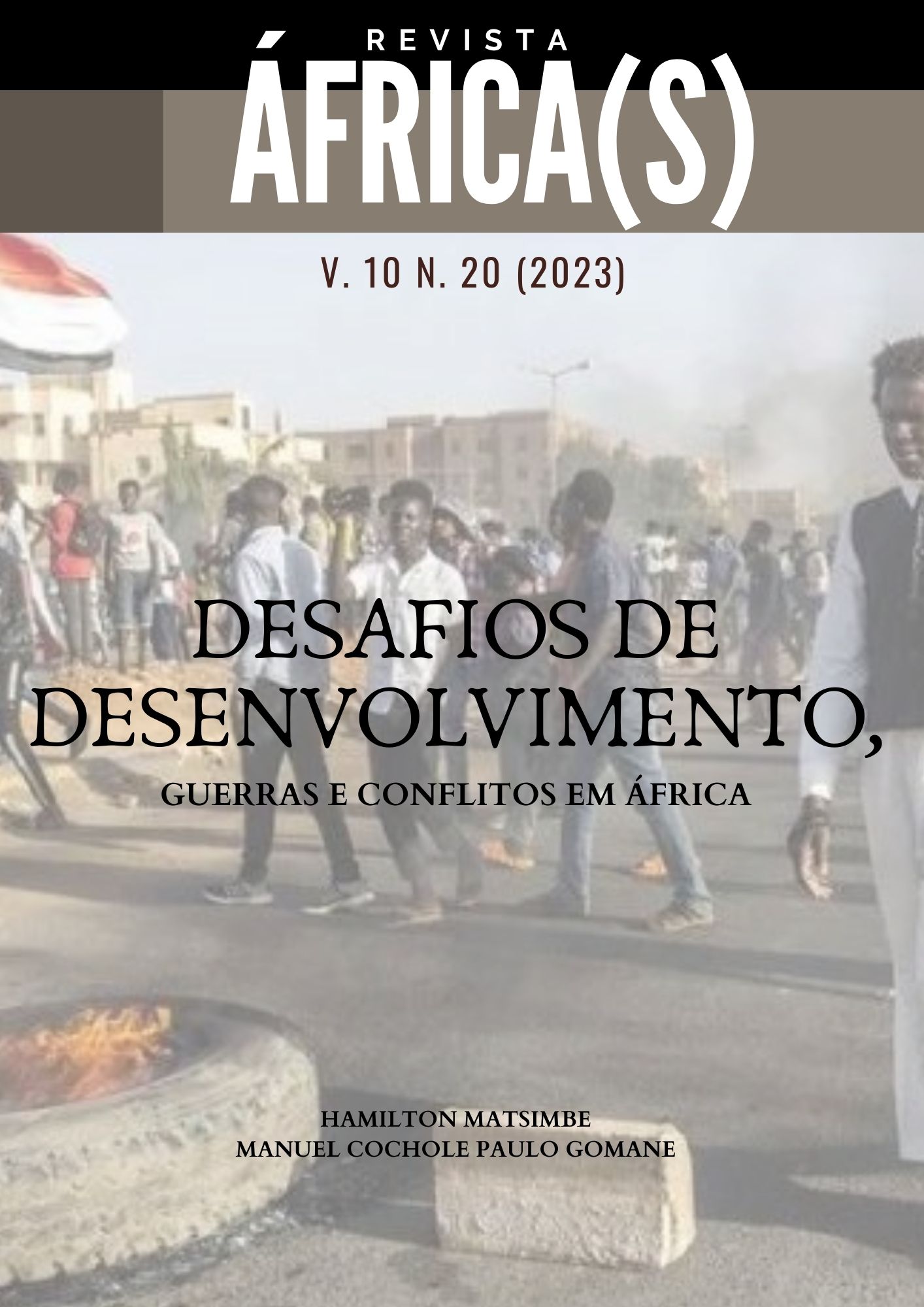LIBERDADE, IGUALDADE E FRATERNIDADE SÓ NA FRANÇA - ANÁLISE DA CRISE POLÍTICA COM OS PAÍSES DA ÁFRICA OCIDENTAL
Resumo
Depois de Aristóteles considerar a democracia como o regime político menos pior entre os regimes, Schumpeter, Dahl e Bobbio conceberam técnicas que deram concretude ao estudo da democracia. Na conjuntura do pós guerra-fria duas agendas estiveram na ordem do dia: reformar a economia e democratizar os Estados através da introdução do multipartidarismo e realização de eleições livres e justas. Contudo, alguns estudiosos anunciam a morte das democracias. Enquanto a morte da democracia prenuncia um atentado à proteção das liberdades, neste artigo, com base na análise da conjuntura, analisamos um paradoxo: o golpe de Estado como forma de reconquista da liberdade. Os casos de Gabão, Níger, Burquina Fasso e Mali mostram que o recurso aos golpes de Estado pode ter sido a estratégia mais eficaz para a cessação dos acordos e reconquista da liberdade do uso dos recursos naturais sob tutela da França, sua antiga metrópole.
Downloads
Downloads
Publicado
Edição
Seção
Licença

Este trabalho está licenciado sob uma licença Creative Commons Attribution 4.0 International License.
O encaminhamento dos textos para a revista implica a autorização para a publicação.
A aceitação para a publicação implica na cessão de direitos de primeira publicação para a revista.
Os direitos autorais permanecem com os autores após a publicação na Revista África(s).
Os autores dos textos assumem que são autores de todo o conteúdo fornecido na submissão e que possuem autorização para uso de conteúdo protegido por direitos autorais reproduzido em sua submissão.





